For better or worse, humanoid robots have become a common sight over the past few years, often found working in public places like restaurants, hotels, and airports.
And while home robots—and we mean vaguely humanoid ones, not Roombas—have emerged in various forms over the past decades, only recently have they shown potential for mainstream adoption, with Amazon’s Astro being the most high-profile.
But what about privacy? Doesn’t seem like a particularly good idea. While robots can be helpful in managing your home, you might want to consider using a VPN service to keep your home network secured and protected.
Before you purchase a robot, let’s first take a look at the robot options right now, and what the privacy concerns are if you want one in your home.
What are the top home robots of 2024?
Many robots have been introduced in recent years but few have gained traction, with most of them designed not so much for helping around the house but simply to keep as amusing pets.
1. Amazon Astro
What does it do? Voice assistant on wheels doubling as home security
Amazon’s Astro is its debut robot powered by its Alexa voice assistant. The limbless droid wheels around to deliver calls, messages, timers, and reminders, and it can transport items put in its storage bin.
When you’re not home, Astro can give you a live view of your home interiors on the Astro app, which lets you control the robot remotely. A periscope camera that extends from its body gives you access to hard-to-see places, so you can perform tasks such as checking if your stove is turned off. Astro can also detect sounds of smoke alarms or glass breaking and alert you through push notifications.
2. LOVOT
What does it do? Robot pet that craves attention
Don’t expect the LOVOT to do any housework. It’s about as useful as a puppy—which could be highly appealing, depending on who you ask.
The fuzzy wheeled bot resembles a mix of bear and penguin, and it’s designed to act like a child and crave love from you. It’ll make cooing sounds as you touch it or fall asleep when you rock it in your arms. If there’s more than one LOVOT in the room, as you hug one LOVOT, the other one will sulk and demand to be hugged, too.
3. Vector
What does it do? Voice assistant on wheels that vies for your attention
Vector is a friendly companion and personal assistant in one. Palm-sized with wheels covered in tank-styled treads, Vector functions like Siri or Alexa—so it can answer questions, obey commands, take a photo, set a timer, and play games.
But Vector is more than a voice assistant. The droid is full of personality, thanks to its eyes that shift, blink, or narrow to display emotions. He’ll also get excited and greet you when he sees you, and wheel to you when you summon him. He also loves being patted on its back, which features a touch panel—and will coo as you do.
Like many robot products, Vector’s survival isn’t certain—but its maker is trying to keep it alive.
4. Ugo
What does it do? Household chores and more
Japan’s Ugo can be the end of your household chores. That’s right—it can empty a rubbish bin, do your laundry, and clean the toilet. It can perform different tasks such as grabbing a towel out of the dryer and folding clothes with its movable arms. It’s also being marketed as being able to perform mundane tasks in a work environment, such as provide security and inspect factories or data centers.
The team behind Ugo is actively attending robotics conferences in its bid to solve the problem of labor shortages in Japan.
5. Misty
What does it do? Allows you to program it using coding tools like Blockly, Python, and C#
Now on Misty II, this robot is meant as a learning tool or hobbyist toy for people interested in computer science, allowing you to design interactions. It comes with speech recognition, and has customizable eyes, voice, and movements.
6. Miko
What does it do? Acts as a companion to a child
Made by an Indian company, Miko is a high-end toy that uses artificial intelligence and claims to respond to a child’s emotions, providing support while helping them learn and keeping them entertained.
Kids can ask it any questions, from general facts to how to handle social quandaries and get a child-friendly answer.
Can we trust home robots with our privacy?
Home robots might be able to provide convenience and entertainment, but these bots usually have multiple cameras, sensors, and microphones. The very parts that allow them to interact with their environment also open up a portal for their creators to collect our data.
Owned by a Big Tech company, the Astro is the most discussed when it comes to privacy. One concern is that it incorporates facial recognition technology so that it can deliver items to the correct person in a household. That said, you can turn off the microphone and camera on the Astro, and Amazon has taken pains to clarify that Astro does not send images to remote servers, with collected video footage staying on the device only.
But like any other connected devices—domestic bots are vulnerable to hacks that could, in extreme cases, give attackers a view through their cameras or even let them take control of your devices. And any images gathered could potentially be provided to law enforcement with a court order.
Tips for using home robots
Read privacy policies
This is a best practice when you use any new service or device. Ensure you are comfortable with how user data is collected and shared. And change privacy settings to your preferred levels.
Get a VPN on your router
ExpressVPN subscribers can install VPN software on their Wi-Fi router a home (or get our Aircove router with ExpressVPN functionality built in). This would allow you to use your robot on a Wi-Fi connection that’s secured with strong encryption and a changed IP address, giving you additional privacy.
Change your device name and password
Someone who’s trying to break into your home Wi-Fi network may have particular devices in mind that they know are more vulnerable. So set a device name that doesn’t give away what the product is.
Keep your home robot updated
Updating your robot’s software could help with fixing any bugs that can contain privacy or security vulnerabilities.
Disable internet access
This one isn’t the most realistic but still worth a mention, since most home robots presumably need an internet connection to perform its tasks. If the internet is required, the good news is you can install a VPN on your router to secure and encrypt your connection.
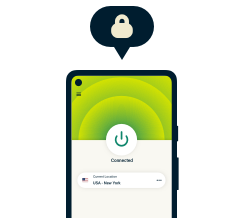
Privacy should be a choice. Choose ExpressVPN.
30-day money-back guarantee


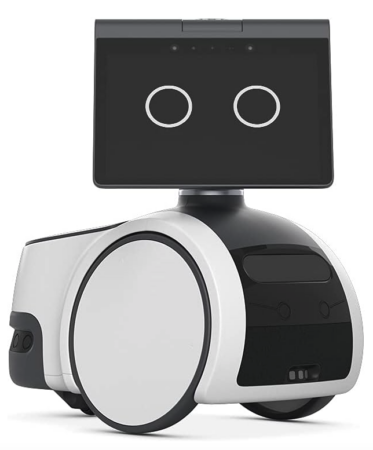
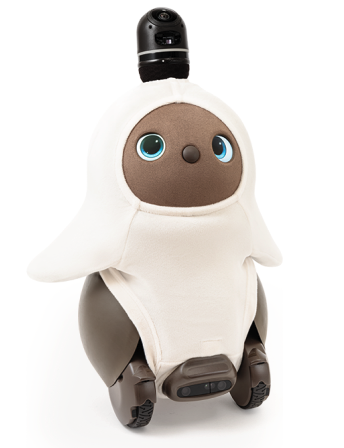
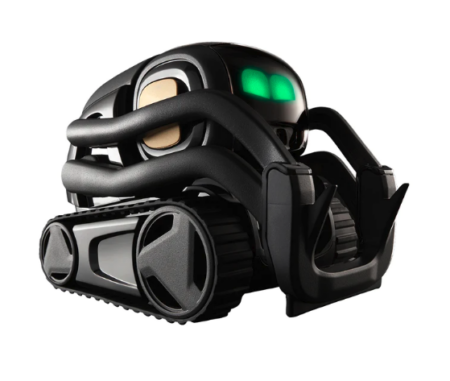
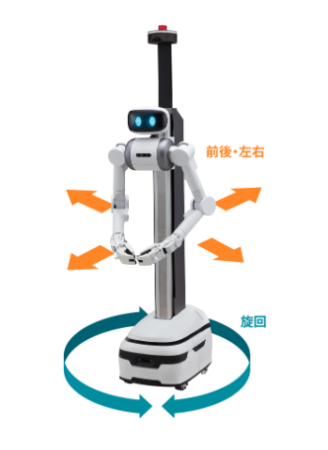
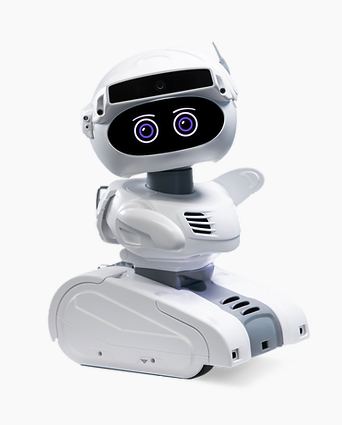
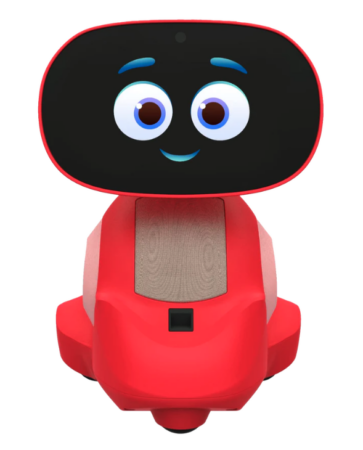
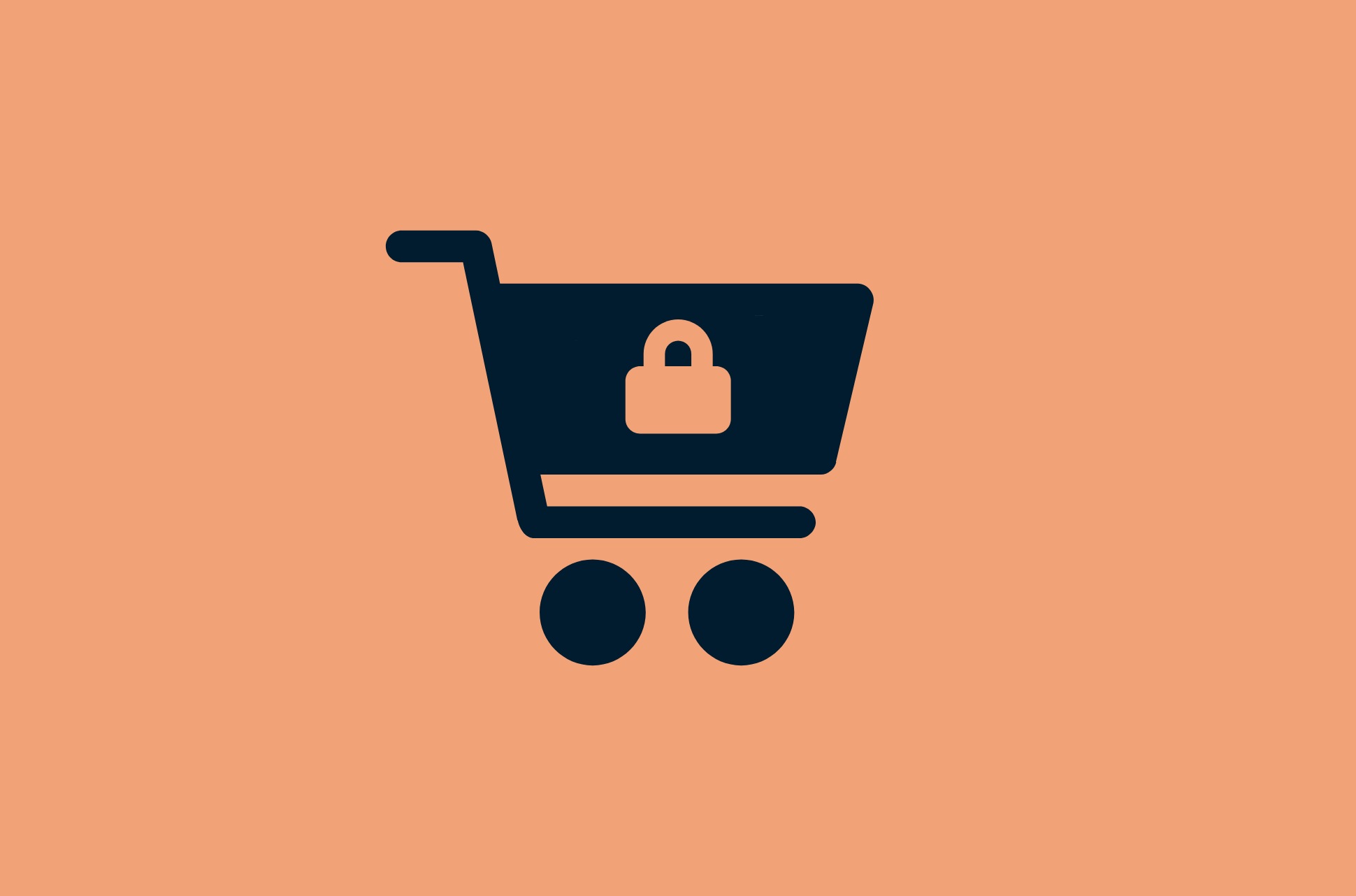
























Comments
How convenient (and cute), I just can’t wait to get these into my home.
Here’s hoping a /sarc tag is unnecessary.